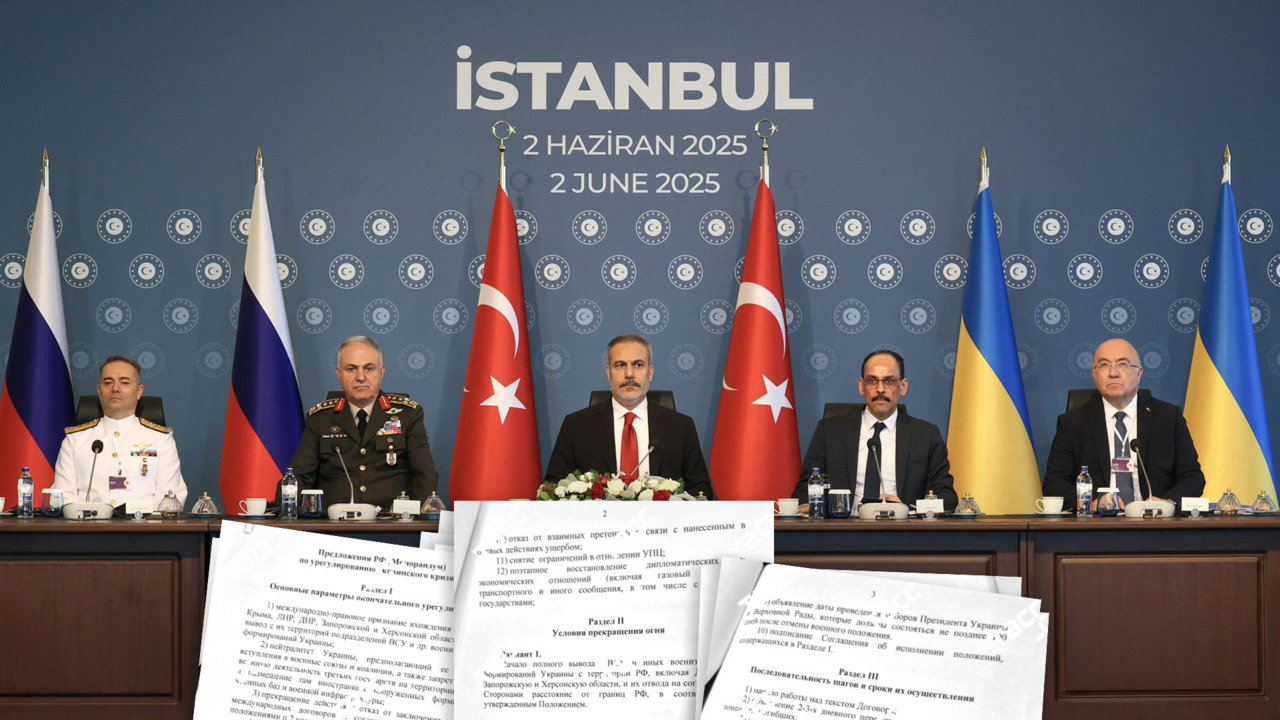"I use my tweets to express myself,” Musk said in 2018. Seven years later, and three years after he bought Twitter, Musk uses his own platform, now known as X, to express himself more freely than ever.
With his criticism of Europe and its institutions, attacks on Ukraine and President Volodymyr Zelensky in recent months, Musk has become a vocal supporter of the US presidential camp's line.
Journalists from Belgium’s RTBF, the FRANCE 24 Observers, and France Info, collaborating under the umbrella of the French-speaking public media association MFP (Médias Francophones Publics), looked at the 15,485 posts published or shared by Musk between November 4, 2024, the day before Trump’s election, and April 4, 2025.
This two-part investigation looks at Musk’s wide-scale ideological offensive on his own platform. The first part looks at how Musk is sharing anti-Ukraine sentiment on social media. The second instalment looks at how Musk's tweets show support for European far-right parties.
More than 100 interactions a day, with low effort
Over the five months of our study, Musk, who has 220 million followers on X, posted, retweeted, or replied to users an average of more than 100 times a day. Most of these posts were low-effort: two-thirds of his interactions during this period were less than 20 characters long. This appears to be a simple way to show support for far-right accounts, simply using emojis or approving “yes” replies.

However, each of these interactions significantly boosts the visibility of these accounts and gives their ideas unparalleled reach. For example, Naomi Seibt, a German far-right influencer with anti-immigration rhetoric, benefited from the millions of views garnered by Musk, who interacted with her more than 30 times throughout the 2025 German electoral campaign.
Since acquiring Twitter, Musk has benefited from increased visibility thanks to the platform’s algorithm. This dynamic is being exploited by figures across the far-right political spectrum, including the French far-right, as reported by French daily Le Monde.
Criticism of Europe, hostility towards Ukraine: more than 1,500 posts analysed
In total, our teams counted more than 1,500 posts – an average of 10 per day.
To carry out this study, we used a new method developed by cognitive sciences researchers at the French École Normale Supérieure (see the research paper here), which allowed us to analyse and categorise thousands of posts using ChatGPT's language model.
Read the two-part investigation by the FRANCE 24 Observers team.
Read moreElon Musk's tweets (1/2): A conduit for pro-Russian anti-Ukraine rhetoric
Read moreElon Musk’s tweets (2/2): Raising the profile of Europe’s far right
Read the investigations by RTBF’s verification team and by France Info’s fact-checking team.
To study Musk’s messaging on X, teams from the France 24 Observers and Belgian broadcaster RTBF analysed and categorised more than 15,000 tweets and retweets shared by his account (@elonmusk) between November 4, 2024 and April 4, 2025.
In order to analyse all of these tweets, we used a method created by researchers in cognitive science at the French higher education institute l'École Normale supérieure (for more on the method click here), which allowed us to catagorise text using the ChatGPT language model.
We asked ChatGPT’s API to categorise each tweet, which enabled us to identify all of the tweets that Musk shared that were either hostile to Ukraine or favorable to Russia, as well as those that criticised Europe and those that showed support for the European far right.
We verified the results by manually analysing each post.
We examined Musk’s original posts, as well as the posts he shared (such as his retweets or quote tweets). We also included the transcripts of videos that he posted directly or shared from other accounts.
You can find our complete methodology here.
This article was produced in collaboration with Ambroise Carton and Johanna Bouquet (RTBF) and Antoine Deiana (France Info).











 English (US) ·
English (US) ·